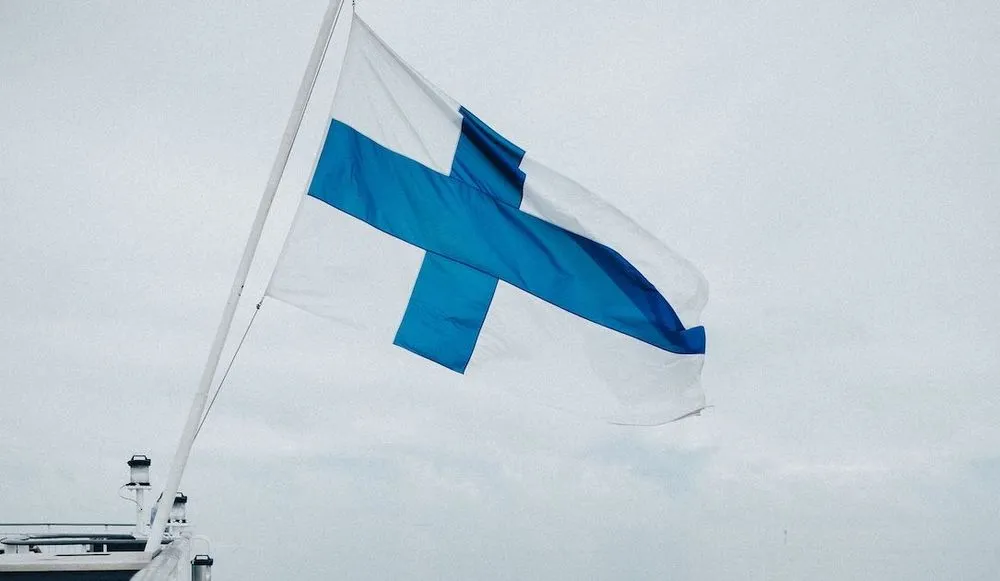Finnish intelligence agency warns Russia treating Finland as a ‘hostile country’
“Relations between Finland and Russia have significantly deteriorated,” warned the Finnish Security and Intelligence Service (Supo) on Thursday, in the wake of a suspected act of sabotage targeting the country’s maritime infrastructure.
In a national security overview, Supo said: “While the threat of intelligence and influencing operations against critical infrastructure has increased, a crippling effect on infrastructure operations in Finland remains unlikely in the immediate future.”
The Kremlin is “currently treating Finland as a hostile country,” Supo said.
The statement was published in the wake of a possible act of sabotage in the early hours of last Sunday, damaging both a subsea telecommunications cable and gas pipeline that ran adjacently between Finland and Estonia.
The Finnish authorities have not yet blamed anyone for this incident, although the office of Sauli Niinistö, the president of Finland, said authorities suspected the damage was likely the result of “external activity.”
A report from tabloid newspaper Iltalehti cited a source saying that Russia was suspected of attacking the pipeline. When the country’s prime minister Petteri Orpo was asked about Russia’s potential culpability, he said: “It is important that the matter is investigated thoroughly and that conclusions that go too far are not made at this stage.”
On Thursday, Supo’s director Antti Pelttari, said: “Russia currently remains focused on the war in Ukraine and on easing international isolation, but this does not mean that the threat of Russian intelligence and influencing in Finland has disappeared.”
The intelligence agency warned that Finland’s marine infrastructure remained “more vulnerable than land-based installations,” although it assessed that the country was well prepared to face such threats.
“Russian influencing operations against Finland are mainly about creating deterrence at the moment. The energy sector is one example of an effective target in this respect, even if no real crippling impact is sought,” said Suvi Alvari, a specialist researcher at Supo.
“Potential measures that Russia may take against Finland include information influencing and undermining bilateral links, such as by withdrawing from remaining treaties. Denial of service attacks can also give an impression that infrastructure and services are vulnerable, even without causing any real damage,” added Alvaro.
Finland formally joined NATO this year in the wake of the Russian invasion of Ukraine, ending more than seven decades in which it had pursued a non-aligned foreign policy.
Last year, the country expelled nine diplomats from the Russian Embassy in Helsinki and accused them of undertaking intelligence missions in contravention of the Vienna convention on diplomatic relations.
The expulsion of alleged Russian intelligence officers throughout Europe prompted Supo to then warn that Russia would “turn to the cyber environment” for espionage due to challenges impacting its human intelligence work.
Sauli Pahlman, the deputy director general for Finland’s National Cyber Security Centre, told Recorded Future News he didn’t “consider it very likely that we [will] really see a cyber incident in Finland that really closes down something that's critical for society — food, electricity, water — on a wide scale.”
Alexander Martin
is the UK Editor for Recorded Future News. He was previously a technology reporter for Sky News and a fellow at the European Cyber Conflict Research Initiative, now Virtual Routes. He can be reached securely using Signal on: AlexanderMartin.79



